Cybersecurity and NDIS Compliance
1. NDIS Commission’s Data Security Expectations
The NDIS Practice Standards (Outcome 10: Information Management) require providers to:
- Keep records secure and confidential.
- Prevent unauthorized access to participant data.
- Protect data from misuse or loss.
This applies to NDIS portals, cloud software (e.g., Careview), email, mobile apps, and digitized paper files.
NDIS Compliance: Secure systems meet NDIS Code of Conduct for participant privacy.
Example: The 2024 ACSC Annual Cyber Threat Report notes that 80% of breaches involve stolen credentials, preventable with secure access controls.
See 2FA tips in Why NDIS Providers Need Two-Factor Authentication.
2. Privacy Laws and Obligations
Providers must comply with:
- Privacy Act 1988: Mandates secure data storage and breach reporting.
- Australian Privacy Principles (APPs): Require consent for data use (APP 6) and security measures (APP 11).
- Notifiable Data Breaches Scheme: Report eligible breaches to the OAIC within 30 days.
Non-compliance risks fines up to $2.2 million.
NDIS Compliance: Adhering to privacy laws upholds NDIS Practice Standards for governance.
Learn about breach response in What to Do If Your NDIS Business Gets Hacked.
3. Consequences of Cyber Incidents
A breach (e.g., hacked NDIS portal or exposed participant data) can lead to:
- NDIS Commission investigations or loss of registration.
- OAIC fines under the Privacy Act.
- Loss of participant trust, impacting care delivery.
The ACSC warns that 60% of small businesses fail post-breach due to reputational and financial damage.
NDIS Compliance: Preventing breaches aligns with NDIS Code of Conduct for participant safety.
Debunk myths in Cybersecurity Myths NDIS Providers Should Stop Believing.
4. Cybersecurity as Duty of Care
NDIS participants, often vulnerable, rely on providers to protect their data. Breaches can cause:
- Financial loss (e.g., identity theft).
- Emotional harm (e.g., privacy violations).
- Reputational damage to providers.
Cybersecurity ensures participant wellbeing, per the NDIS Code of Conduct’s care principles.
NDIS Compliance: Data protection supports NDIS Practice Standards for quality service.
See training tips in How to Train Your Staff on Cybersecurity Basics.
Steps to Stay Compliant
1. Conduct Regular Risk Assessments
The ACSC’s Small Business Cyber Security Guide recommends quarterly risk assessments to identify vulnerabilities.
- Audit NDIS portal access, cloud platforms, and mobile devices.
- Use free tools like CyberWard.
- Document findings for NDIS audits.
NDIS Compliance: Risk assessments meet NDIS Practice Standards for governance.
2. Implement Secure Platforms
Use encrypted platforms for data storage and communication:
- Google Workspace for secure email and storage.
- Microsoft 365 for encrypted file sharing.
- Signal for secure messaging.
Enable MFA with Google Authenticator.
NDIS Compliance: Encrypted platforms align with Privacy Act’s APP 11.
Learn about backups in Backing Up Your NDIS Business Data.
3. Train Staff on Cyber Hygiene
The ACSC’s Essential Eight mandates user training to reduce human error.
- Use ACSC’s free modules at cyber.gov.au/learn for phishing and password training.
- Conduct 10-minute monthly refreshers.
- Simulate phishing tests to build vigilance.
NDIS Compliance: Training meets NDIS Practice Standards for staff education.
See training tips in How to Train Your Staff on Cybersecurity Basics.
4. Set Access Controls
Limit data access to authorized staff, per ACSC’s Access Control Guidance.
- Use role-based access in Google Drive.
- Manage credentials with Bitwarden.
- Audit access logs quarterly.
NDIS Compliance: Access controls uphold NDIS Code of Conduct for privacy.
See mobile security in Securing Your NDIS Business’s Mobile Devices.
5. Develop a Data Breach Response Plan
The ACSC’s Data Breach Response Guide and Notifiable Data Breaches Scheme require:
- Contain: Disconnect affected systems.
- Notify: Inform the OAIC, NDIS Commission, and participants within 30 days.
- Recover: Restore from backups using Google Drive.
- Prevent: Update policies and train staff.
Real Impact: At Careable, Vivek’s NDIS provider, a 2023 data breach response plan aligned with the Notifiable Data Breaches Scheme ensured compliance.
NDIS Compliance: Breach response meets Privacy Act and NDIS Practice Standards.
Learn more in What to Do If Your NDIS Business Gets Hacked.
6. Document Policies
Create a Cybersecurity and Privacy Policy, per NDIS and ACSC guidance:
- Mandate MFA, encryption, and secure data handling.
- Require annual staff acknowledgment.
- Outline breach reporting to cyber.gov.au/report.
NDIS Compliance: Policies align with NDIS Practice Standards for governance.
Explore tools in Free Tools to Boost Your Cybersecurity.
Why This Matters
Cybersecurity is integral to NDIS compliance, protecting participants and ensuring trust. The ACSC warns that 80% of breaches are preventable with basic measures like MFA and training. As Vivek says, “You care for people—I’ll help protect the systems that support them.” Robust cybersecurity ensures compliance with the NDIS Code of Conduct and safeguards participant dignity.
About Cyber.Guide: Founded by Vivek Mahajan in 2022, Cyber.Guide empowers NDIS providers with free, practical cybersecurity tools tailored to the sector. Our mission, rooted in Careable’s C.A.R.E. philosophy (Compassion, Accountability, Respect, Empowerment), is to secure the systems that support your participants.
Test Yourself: Is your NDIS business cyber-compliant? Take our free Cybersecurity Quiz to find out.
Author: Vivek Mahajan, founder of Careable and Cyber.Guide, brings 12 years of cybersecurity experience from Cisco, NTT, and Fujitsu, plus hands-on NDIS expertise as a registered provider. Connect at vivek@careable.com.au or LinkedIn.
Trust Note: All Cyber.Guide content is fact-checked, updated quarterly, and aligned with ACSC’s Essential Eight and NDIS Practice Standards. Examples are generalized from ACSC data or verified outcomes; no unverified incidents are included. Statistics are sourced from the 2024 ACSC Annual Cyber Threat Report. See our Privacy Policy.
CTA: Download our NDIS Cybersecurity Compliance Checklist at Cyber.Guide to protect your participants today.
Incident Reporting: If you suspect a data breach, report it to the ACSC at cyber.gov.au/report and notify the OAIC for eligible breaches, per the Privacy Act 1988.





